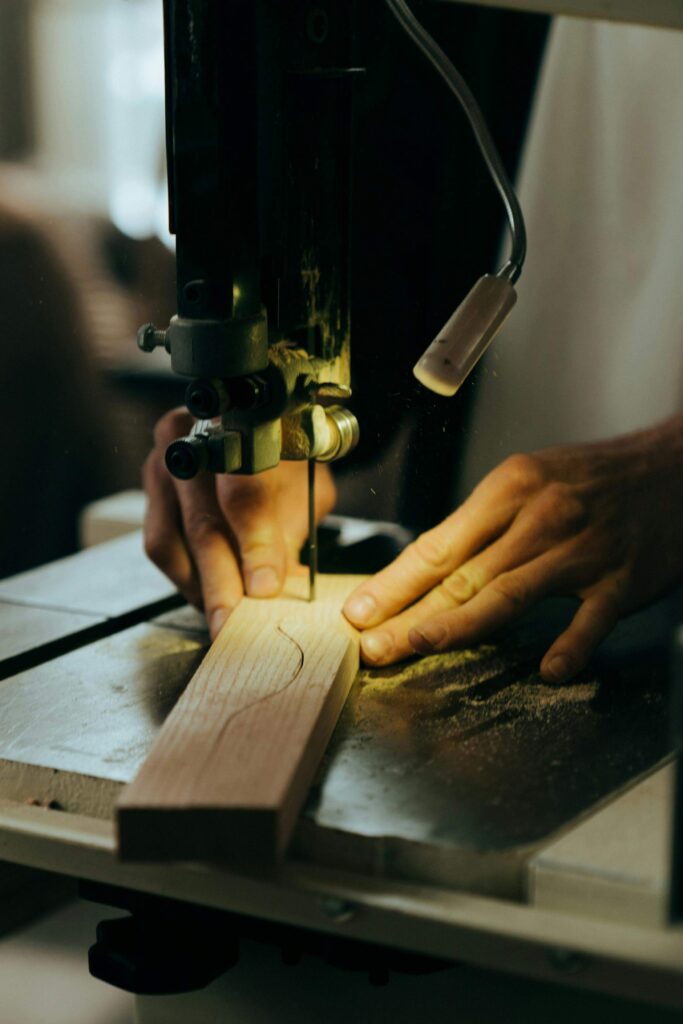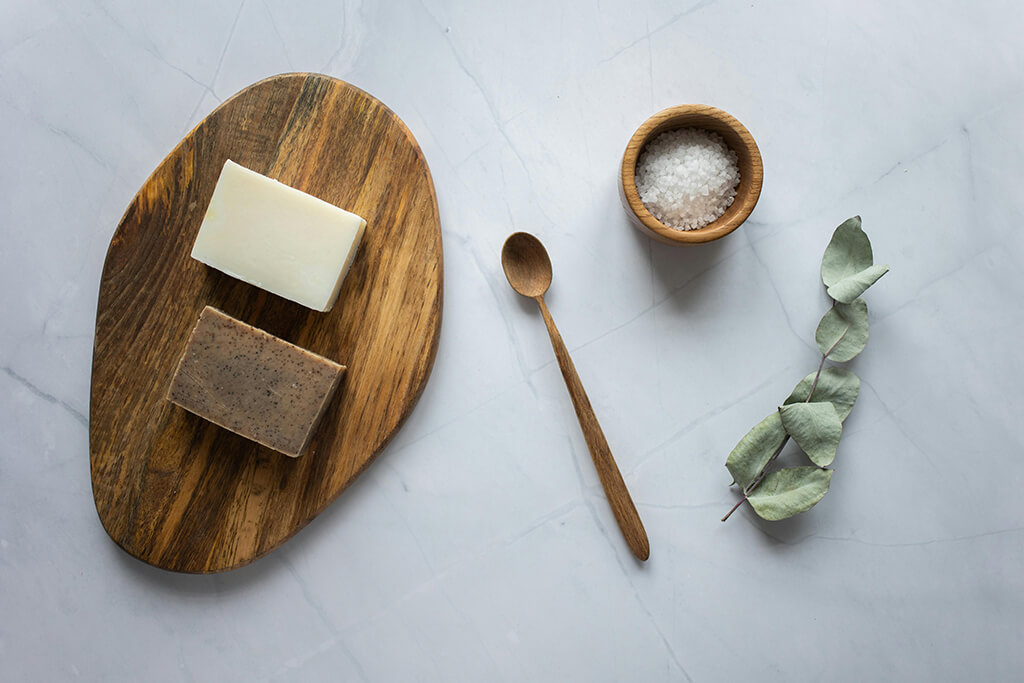Wooden products bring warmth, elegance, and functionality to our homes and lifestyles. Whether it’s furniture, decor, or storage solutions, wood remains a timeless and versatile material. However, when choosing wooden items, many people find themselves debating between DIY projects and investing in custom-made pieces. While both options have their merits, there are significant advantages to choosing professionally crafted, handmade wooden products. In this article, we will explore the key differences between DIY and custom-made wooden products, highlighting why investing in expertly handcrafted pieces is often the superior choice.
1. Quality and Craftsmanship: The Difference is Clear
One of the most noticeable distinctions between DIY and custom-made wooden products is the level of craftsmanship. DIY projects often rely on beginner or intermediate skills, while professional artisans bring years of experience to their craft.
Handmade wooden products are created using precise techniques, ensuring durability and longevity. Expert woodworkers understand the nuances of different wood types, grain patterns, and joinery techniques, resulting in pieces that not only look beautiful but also stand the test of time. In contrast, DIY projects may lack the refinement and structural integrity of professional craftsmanship, leading to quicker wear and tear.

2. Time Investment: Convenience vs. Effort
Creating a DIY wooden product requires a significant investment of time. From selecting materials and designing the piece to cutting, assembling, and finishing, the process can be lengthy and sometimes frustrating, especially for beginners. Even experienced DIYers may find certain projects challenging due to the need for specialized tools and techniques.
On the other hand, custom-made wooden products save consumers time and effort. By working with skilled artisans, buyers can simply convey their preferences and receive a high-quality finished product without the hassle of labor-intensive work. This convenience makes custom-made pieces an excellent option for those who appreciate quality craftsmanship but lack the time or expertise to create wooden products themselves.
3. Customization and Personalization
While DIY projects allow for some level of personalization, custom-made wooden products offer unmatched precision and attention to detail. Professional woodworkers can tailor every aspect of a piece to the customer’s specifications, including dimensions, finishes, engravings, and unique designs.
For example, a handmade wooden jewelry box can be personalized with intricate carvings or monograms, while a custom-made bookshelf can be designed to fit a specific space perfectly. DIY attempts at such customization may be limited by available tools, skill levels, or material choices. Investing in custom-made wooden products ensures that customers receive exactly what they envision, crafted with expertise and precision.
4. Material Selection and Sustainability
Another key consideration when comparing DIY and custom-made wooden products is the choice of materials. DIYers may struggle to find high-quality wood at local hardware stores or may unknowingly select materials that are less durable or sustainable. Moreover, DIY projects often involve trial and error, leading to wasted materials and increased costs.
In contrast, professional woodworkers source premium materials that are carefully selected for durability, aesthetics, and sustainability. Many custom woodworkers prioritize eco-friendly practices, using responsibly sourced wood and minimizing waste during production. By investing in handmade wooden products, consumers can feel confident that they are supporting sustainable craftsmanship while receiving a superior product.
5. Cost Considerations: Value Over Price
At first glance, DIY wooden products may seem more cost-effective than custom-made alternatives. However, when factoring in the cost of quality materials, tools, and potential mistakes, DIY projects can quickly become expensive. Additionally, mass-produced wooden items may appear affordable but often lack durability, resulting in the need for frequent replacements.
Custom-made wooden products, though sometimes carrying a higher upfront cost, provide exceptional long-term value. These pieces are designed to last, reducing the need for repairs or replacements. Additionally, investing in handmade wooden items supports skilled artisans and small businesses, contributing to the preservation of traditional woodworking techniques and ethical craftsmanship.
Conclusion
While DIY wooden projects can be a rewarding hobby, they often come with limitations in craftsmanship, time, material selection, and durability. Custom-made wooden products, on the other hand, offer superior quality, personalization, and sustainability. By investing in expertly handcrafted wooden items, consumers can enjoy unique, long-lasting pieces that elevate their living spaces and reflect their personal style. Ultimately, the choice between DIY and custom-made comes down to individual priorities, but for those who value excellence and authenticity, handmade wooden products remain the best investment.

